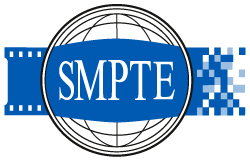What Are The Solutions For Better Interoperability With MXF?

As a SMPTE member Cube-Tec International is consequently working within the standards development process. Cube-Tec supports the development of Application Specifications as an AMWA member and also works at the Expert Communities at EBU level to improve the situation. But for ad-hoc needs, Cube-Tec has developed the MXF Legalizer.
Here are some practical strategies and recommendations to minimize incompatibility issues within MXF files:
- move to highly restricted use-case definition like the AMWA MXF Application Specifications (see AMWA MXF box page 3)
- use constraints of the SMPTE Interoperability Specification in the Registered Disclosure Documents
- use in-house restriction to clearly define MXF format constraints
- only use tools based on well tested and widely used MXF libraries
- foster and support regular Plug-Fests for checking and documenting compliance issues
- use file-based QC engines to report incompatibilities early in the workflow
- report analysed issues to SMPTE and EBU
Fix potential dangerous format variants
Depending on your in-house rules, you can convert potential dangerous format variants like:
- known Sony e-VTR MXF issues
- convert midnight TC Wrap 24:00:00/00 to 00:00:00/00
- force conversion of 20 bit resolution audio to 24 bit
- ignore Audio Channel Valid Flag
- unclosed or incomplete MXF files
- not aligned to typical KLV Alignment Grid size of 512
- wrong/missing TC-counting in system element
- MXF-header/footer issues TM

